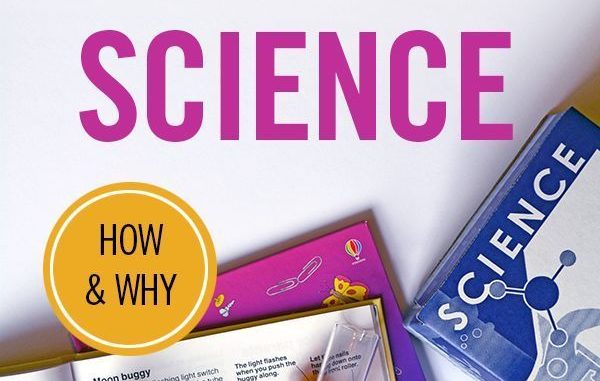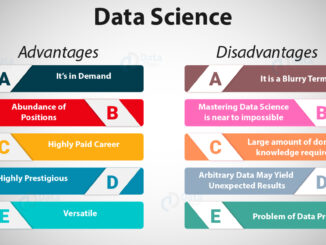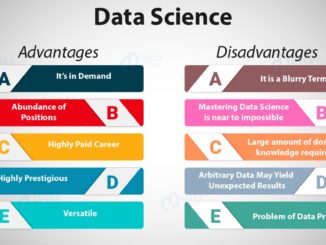
How do you teach a fact-heavy subject like science with great literature? First, science is not fact-heavy, or, at least it ought not to be. British educator, Charlotte Mason called science the study of “the great scheme of the unity of life”.
Abstract concepts become easy to picture and understand when they are experienced in context. A picture-packed, glitzy book filled with facts cannot teach “the great scheme of unity of life” but literature and hands-on experimentation can.
Charlotte Mason felt that the only sound method of teaching science is to combine field work and great literature. Ms. Mason saw that the teaching of science in our schools has lost much of its educative value through a fatal and quite unnecessary divorce between science and the ‘humanities.
Why use literature in a study of science?
Charlotte Mason wrote of the unnecessary divorce of the sciences and the humanities: “It is through great literature that one gets at great thoughts, not through dry, ‘dumbed down’ textbooks.” (A Philosophy of Education, p. 223).Ms. Mason was not opposed to textbooks, only to their exclusive use and that they are too often “dry and dumbed down”.
What if I don’t have a strong background in science?
Learning along with your child is one of the delights of homeschooling. However, if the concern is that you will miss something of what a child should know in a science curriculum, consider this. If your child can name every scientific term, define it, and still not have a sense of wonder or a curious mind, you will have failed. If you want to be sure you haven’t missed anything, borrow a science textbook and study the topics as a guide.
Where can I find good science books?
Look for living books in both non-fiction, fiction and biographies. Study the book choices of high-quality curriculum companies that use literature extensively. Go to your library and ask to see the science section. If the book has too many high graphics, and is not of a strong literary quality, leave it there.
Here are five titles that you can find through inter-library loan or a Amazon, the online bookstore:
Robert Boyle: Trail Blazer of Science, John Hudson Tiner
The Story Book of Science, Jean Fabre
Archimedes and the Door of Science, Jeanne Bendick
Galen and the Gateway to Medicine, John Hudson Tiner
Louis Pasteur:Founder of modern medicine, John Hudson Tiner
Proudly WWW.PONIREVO.COM



